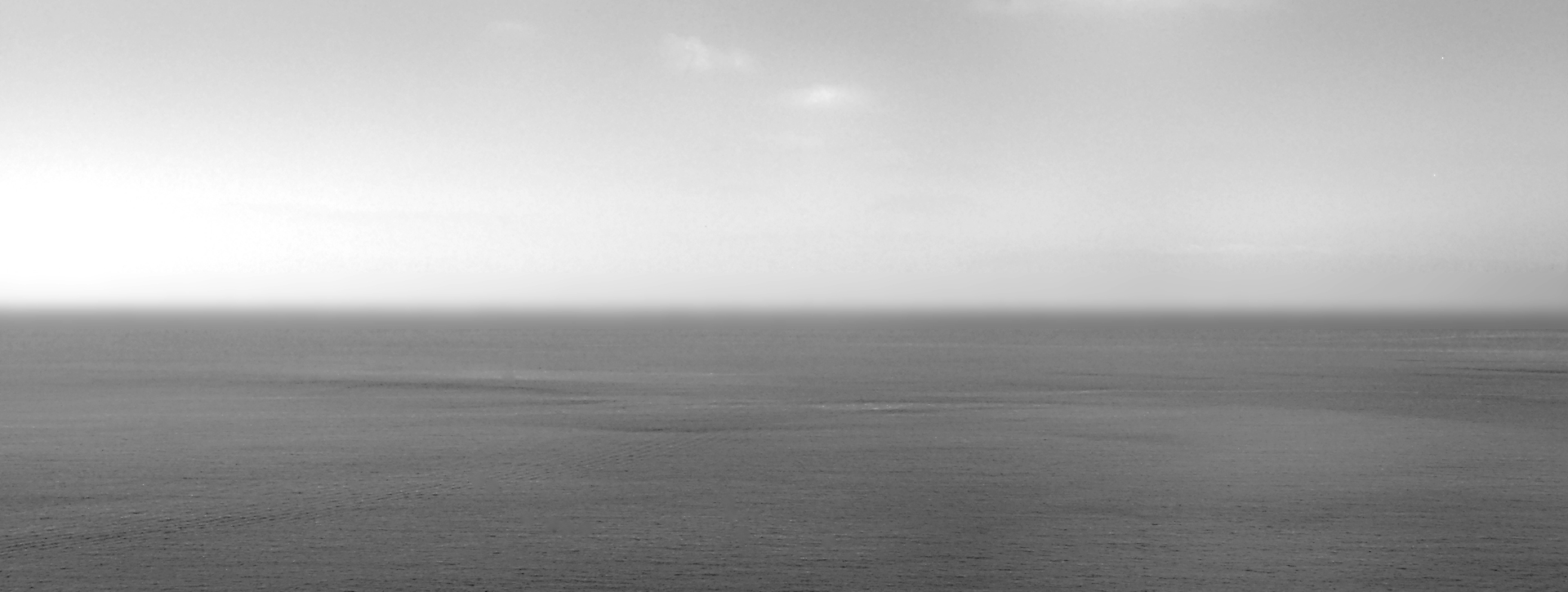
CONNECTING WITH NATURE
Under construction more content to come
keywords:- photography, Philosophy, philosophical, culture, art, literal, abstract, Curiosity, Muse
Throughout my life I have loved connecting with nature in many different ways. More recently though through photography. Nature is the perfect muse* for a photographer.
I have expressed myself through a mixed and varied passion for images, though not consciously connecting them together.
When asked which are my favourite images I mostly turn to very simple ones of skyscapes and, or seascapes, perhaps because they can present the most questions. Of course each one also has memories embodied in it. What is it I like about these types of image? The image above for example may conjure up thoughts of awe, wonder, gratitude and reverence. If it does it may generate positive emotions. perhaps the image does not achieve these thoughts, but the real life experience may!
~~~~~
Another of my life interests has been Japanese culture.
I love the simplicity of the art, the classical gardens, Bonsia trees (I grow my own) the interiors of the old style houses and the food. the Japanese have the ability to turn the simplest act into an art form. I studied Judo for some years and took a keen interest in Buddhism, but for some strange reason did not practice it. But I do not practice any other religions either. Some of them have caused more distress to this planet and the humans on it than they have good, all in the name of god. If I had to choose, it would be Buddhism.
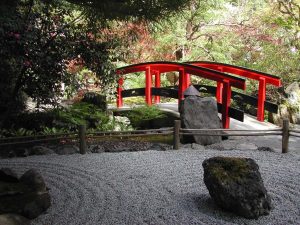
Japan has produced many artists who focus on nature, one of them Hiroshi Sugimoto, some of his work is in some ways so similar to the images I particularly like.
See his work here – https://www.sugimotohiroshi.com/seascapes-1
~~~~~
We all connect to nature, but in many different ways and at varying levels of interaction and interest. Some people go through their lives and never truly think about or appreciate the world around them. They are not deviant in any way, but I think they are missing so much. For me in particular I have always had a fascination for the curiosity of the unknown. What is around the next corner?, What is it like on top of that mountain? What is under those waves?
I must admit my passions were/are not so intense that they have dominated my life in the way that they can for ‘true artists’. At one level I could say that I like the sea and I like skies and clouds but I had not ‘literally’ connected the two.
Just recently I sat and watched a TV programme with a friend, discussing the programme was a revelation (to me). You would believe we had watched two different programs from our perceptions of it. Extrapolate that to daily life and you realise why we all seem so different and at times at odds with each other. How we experience life is so completely different we may well as be like aliens from different planets, and so, you can begin to comprehend why we like different art, religions, cultures, music and of course politics.
How we interpret and comprehend what we see and hear is clearly a very important part of the process here. If you cannot see it you cannot paint it, photograph it, write about it etc. etc. Equally you may delete or add features into your art, you may even believe that you saw those features in some way. When you study some paintings and then realise that artist was almost blind you can see why the painting turned out the way it did.
Of course you may decide that you want to create a literal or an abstract representation of your piece regardless of how you observe the scene, and you may have a very clear objective in mind, or even, written down.
If you find that you are thinking about nature, how you connect to it, or how others connect to it you are to some degree, greater or lesser, evolving Philosophical ideas about our connection to nature, and, as you know one thing leads to another. ………
Muse* a person or personified force who is the source of inspiration for a creative artist.
Did You Know?
The Muses were the nine Greek goddesses who presided over the arts (including music) and literature. A shrine to the Muses was called in Latin a museum. An artist or poet about to begin work would call on his particular Muse to inspire him, and a poem itself might begin with such a call; thus, Homer’s Odyssey begins, “Sing to me of the man, Muse” (that is, of Odysseus). Today a muse may be one’s special creative spirit, but some artists and writers have also chosen living human beings to serve as their muses.
“Muse.” Merriam-Webster.com Dictionary, Merriam-Webster, https://www.merriam-webster.com/dictionary/muse. Accessed 11 May. 2020.
“Light makes photography.
Embrace light. Admire it. Love it.
But above all, know light. Know it for all you are worth,
and you will know the key to photography.”
George Eastman
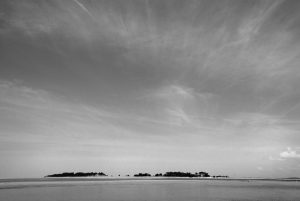
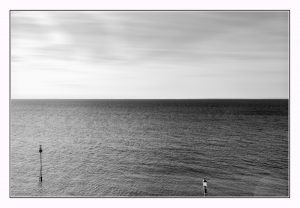
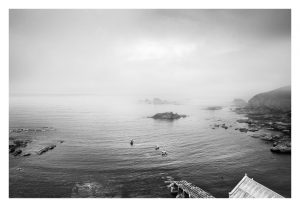
How do you connect with nature?
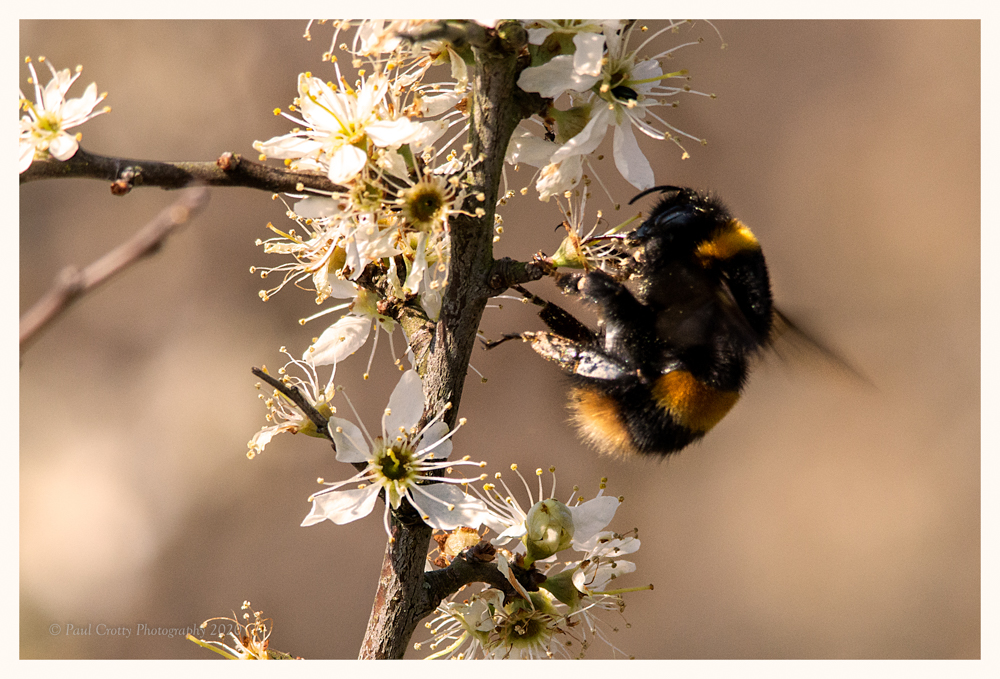
Do you take Gentle walks in your local area, or long rambling hikes. Do you like watching and or photographing wildlife. perhaps you love camping and living outdoors in close contact with the environment around you. Do you Study nature, the flora and fauna, or, do you Belong to an organisation. You may Donate money, and or Volunteer. You might simply sit in your garden and watch and listen, even better you may cultivate your garden to be wildlife friendly.
You might draw or paint nature, create other art forms. Some people like me collect natural objects, when you go for a walk you always bring something home with you. Each one holding memories of that walk. Also like me you might watch/photograph wildlife and beyond that study them through the internet and or books.
Simply sitting watching nature at work can be revelatory and even spiritual. One of my favourite places is on top of a cliff looking out to sea watching the weather change, the sea change and the wildlife pass by.
To share your interests with children is a fantastic way to connect with nature because they are eager to learn and ask the questions that adults would not think of! My son made me intensely interested in the weather especially storms, and we learnt about how storm form, behave and look. That fed into liking clouds and their forms and now for me to photograph them.
Black and White – Monochrome or Duo tone
Obviously most of use see in colour or some variation of it and within that variation individuals have differing acuity of sight. So the decision to create monochrome images is a conscious one because we think it represents what we see in a better! arty! way. Consequently some viewers of the image will not like it because of the lack of colour. Equally if one wants a record of the moment for memory proposes you tend to leave it colour to record it as it was!
Removing colour clearly takes away almost all of the detail of the image. Colour adds complexity. An image of the sea to the horizon and the sky can take on a surreal look when monochrome.
“Monochrome is a great choice to emphasize the play of light, shadow, shape, tone, and texture”
https://improvephotography.com/52248/dozen-reasons-make-monochrome/